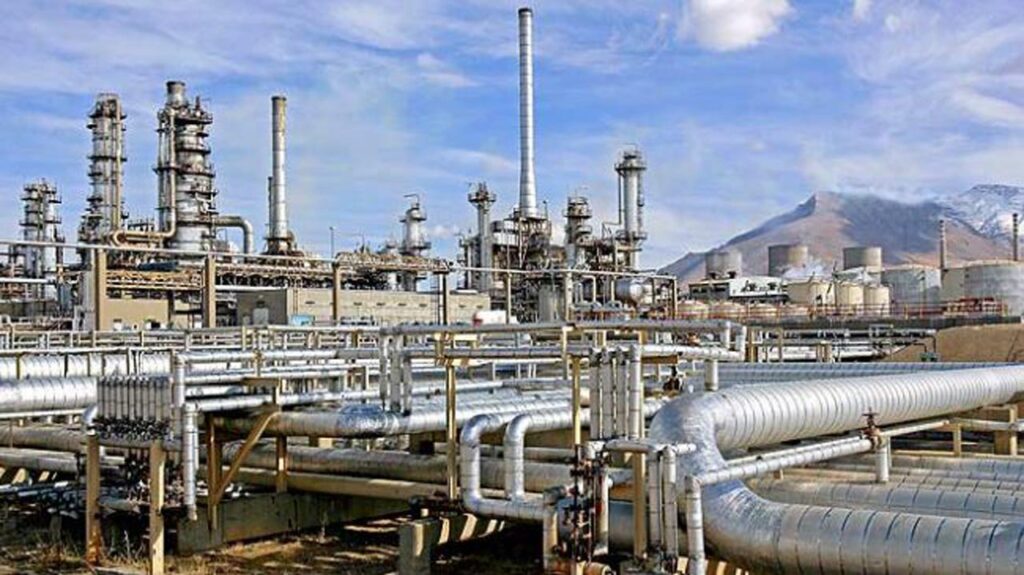The Nigerian government has blamed labour unions for the continued failure of the nation’s refineries, accusing them of obstructing privatization efforts and hindering economic growth.
In a recently issued statement, the special adviser to the president on information and strategy, Bayo Onanuga, pointed to the strong opposition of labour unions to the sale of Port Harcourt and Kaduna refineries to Aliko Dangote and Femi Otedola in 2007 as a major factor contributing to the refineries’ current state of disrepair.
Onanuga emphasized that despite billions of dollars invested in maintenance, the refineries have remained comatose for years. He argued that the labour unions’ narrow interests have not only stifled economic development but have also compromised the material well-being of the workers they represent.
Government Accuses Labour of Prioritizing Narrow Interests
The government’s accusations against the labour unions come amid ongoing tensions between the administration and the Nigeria Labor Congress (NLC). Recently, the NLC president, Joe Ajaero, was arrested, preventing him from attending a meeting organized by the Trade Union Congress in the United Kingdom.
Onanuga defended the government’s actions, claiming that the administration is committed to promoting the best interests of Nigerians and pursuing policies that will expand economic output and create prosperity for all citizens. He accused the labour unions of prioritizing narrow interests that have hindered the country’s progress.
The Failed Sale of Port Harcourt and Kaduna Refineries
Onanuga cited the failed sale of Port Harcourt and Kaduna refineries in 2007 as a prime example of the labour unions’ obstructive tactics. Despite the potential benefits of privatization and the involvement of prominent business figures like Aliko Dangote, the labour unions successfully blocked the sale.
This decision, according to Onanuga, has had far-reaching consequences for the Nigerian economy. The refineries have remained non-functional, leading to significant economic losses and dependence on imported petroleum products. The government’s reliance on imports has placed a strain on foreign reserves and contributed to inflation.
Aliko Dangote’s Success in Private Refinery Development
In contrast to the failed privatization of the government-owned refineries, Aliko Dangote, one of the promoters of the 2007 sale, has achieved remarkable success in the refining industry. Dangote has built the largest single-train refinery in the world, demonstrating the potential for private-sector investment in the sector.
The government argues that the labour unions’ opposition to the sale of Port Harcourt and Kaduna refineries prevented similar success stories from materializing. By hindering privatization, the unions have deprived the country of the opportunity to leverage private sector expertise and investment to revitalize the refining industry.
Government’s Commitment to Economic Growth and Development
Despite the challenges posed by the labour unions, the government has reaffirmed its commitment to economic growth and development. Onanuga emphasized that the administration will continue to pursue policies and programs that will expand the national economy and create prosperity for all citizens.
Read Also: Nigeria’s VAT Rate Remains 7.5% – Finance Minister Debunks Claims
The government’s stance is that the labour unions’ narrow interests are at odds with the broader economic aspirations of the nation. By prioritizing short-term gains over long-term economic development, the unions are hindering the country’s progress and compromising the well-being of the very workers they claim to represent.
If You Ask
Summarily, the Nigerian government has accused labour unions of playing a significant role in the failure of the nation’s refineries. By opposing privatization efforts and pursuing narrow interests, the unions have hindered economic growth and development, leading to significant economic losses and dependence on imported petroleum products. The government has reaffirmed its commitment to economic growth and development and called on the labour unions to prioritize the broader interests of the nation.
However, the question begged would be, should a country as Nigeria be without a publicly owned refinery? With the years of oil exploration, and revenue generated from oil export, shouldn’t it have been enough to have a refinery to serve not just its citizens but also to trade? Or maybe I’m going tar and beyond, what brought the refineries to the state of comatose that it is now? It definitely did not break down suddenly.
Not to defend labour in those years, but could labour have been pushing for the government to do its job whereas the government foresaw an impossible mission before it and choose an easier way out for economic and other reasons.








